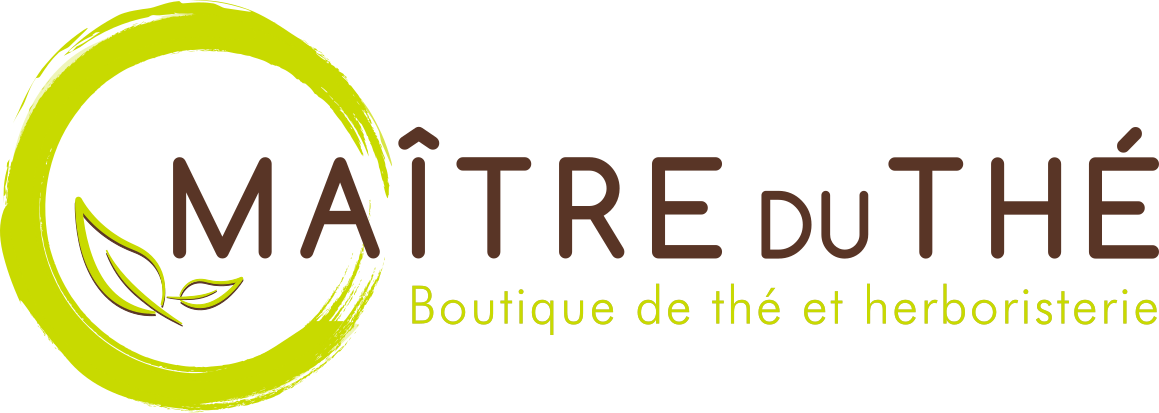Yellow tea in a nutshell.
Yellow tea is a rare, delicate tea from China. It is often considered a premium tea, somewhere between green and white, both in terms of taste and manufacturing process.
Yellow tea is known for its mild, subtle, rounded taste, without the bitterness sometimes found in green teas. It offers a golden or pale yellow liquor, hence its name, with floral, slightly fruity aromas, sometimes reminiscent of honey or ripe fruit.
Origin of yellow tea.
Yellow tea is grown mainly in China, in a few very specific regions. It is found on Huoshan Mountain (Anhui province), famous for Huoshan Huangya tea. It is also found on Junshan Mountain (Hunan province), where we produce the renowned Junshan Yinzhen (Junshan Silver Needles). It is also harvested in the Meng Ding Shan region (Sichuan province), which produces Meng Ding Huang Ya, a mountainous area with a humid climate, ideal for growing fine teas. This type of tea is produced in small batches by a handful of growers, and is quickly sold out. It is much appreciated by connoisseurs of fine teas.
Manufacturing process.
The manufacturing process for yellow tea is similar to that for green tea, but with an additional key step, "men huan", which translates as steaming or steeping. The main stages are as follows: first, the buds are plucked or the young leaves harvested by hand in the spring. Next, the leaves are heated (Sha Qing), or lightly roasted to halt enzymatic oxidation, as is the case with green tea, followed by steeping (men huan), in which the leaves are wrapped in cloth or placed in small stacks under a damp cloth, then left to undergo slow, non-enzymatic fermentation. This stage can last from a few hours to several days, depending on the desired result. This steeping stage gives yellow tea its characteristic sweetness and less vegetal aroma than green tea.
The final step is to dry the leaves to stabilize the tea. There are only a few types of yellow tea these days - we can say there are about six - but only three are well-known and readily available. The reason is that it requires a lot of work and know-how. There's also the fact that the demand for green tea is growing and is therefore prioritized. We are delighted to be able to offer our customers Huo Shan Huang Ya from a small, high-quality production.

